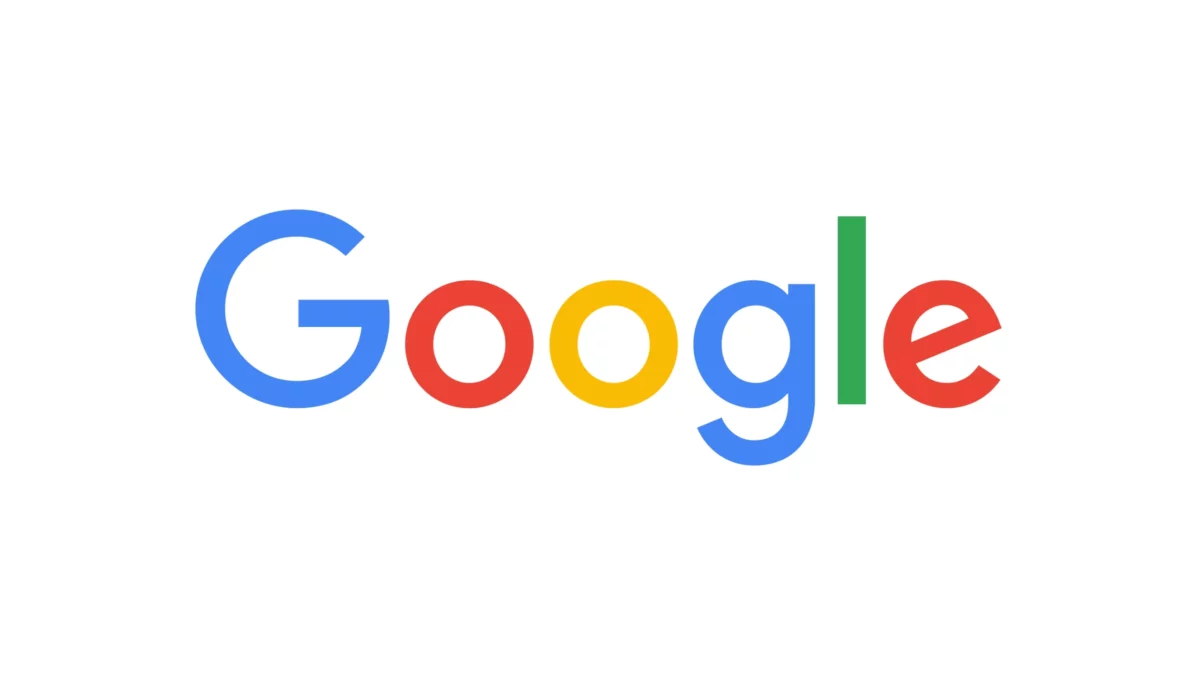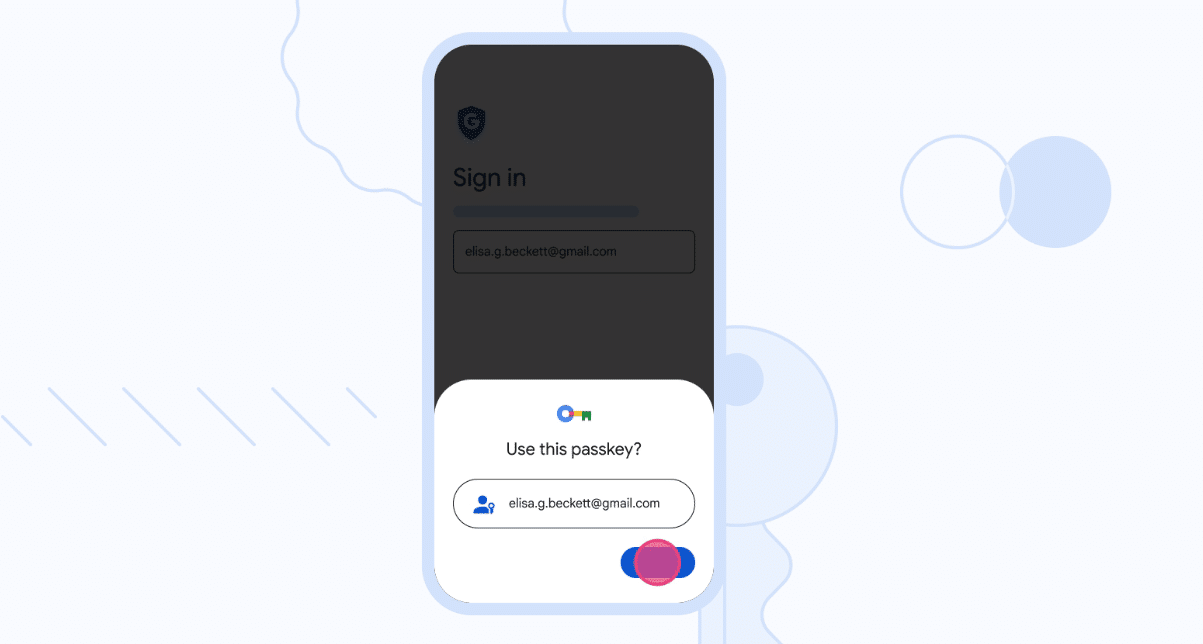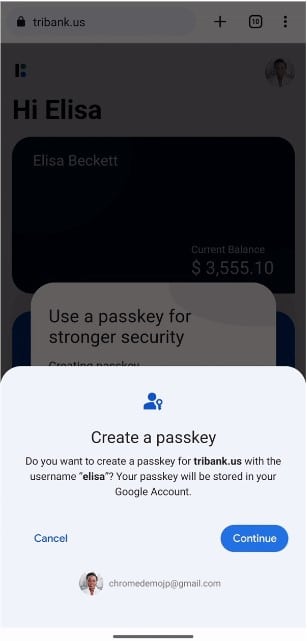Google has announced the rollout of passkeys for Google Accounts, an alternative way of signing in that is simpler and more secure than traditional passwords. Passkeys will work alongside other sign-in options, including passwords and 2-step verification (2SV), and are already being used by services such as Docusign, Kayak, PayPal, Shopify, and Yahoo! Japan.

Here’s why Google’s new sign-in method, passkeys, is the way forward
Passkeys work by letting users sign in to apps and sites in the same way they unlock their devices, using a fingerprint, a face scan, or a screen lock PIN. This eliminates the need for users to remember complex passwords, which can be frustrating and easily compromised if they end up in the wrong hands.
Passkeys are also more resistant to online attacks than traditional passwords or SMS one-time codes. This makes them a more secure option for users who want to protect their sensitive information and personal data.
The rollout of passkeys is a collaborative effort between Google, the FIDO Alliance, Apple, and Microsoft, all of whom have been working to develop a simpler and safer alternative to passwords. With the adoption of passkeys, Google hopes to lead the way in making signing in easier and more secure for users across the web.

Setting up passkeys for Google Accounts is easy and can be done by visiting g.co/passkeys. For Google Workspace accounts, administrators will soon be able to enable passkeys for their end-users during sign-in.
Of course, as with any new technology, the change to passkeys will take time. Traditional passwords and 2SV will still be available for Google Accounts, giving users the option to choose the sign-in method that works best for them.

As more and more online services adopt passkeys as a secure sign-in option, it is likely that traditional passwords will become less and less common. This could have a significant impact on the security of online accounts, reducing the likelihood of data breaches and identity theft.
Overall, the adoption of passkeys is an exciting development in the world of online security, offering a simpler and more secure way for users to sign in to their favorite apps and websites. While it may take some time for passkeys to become the norm, it is clear that they represent the future of online authentication.